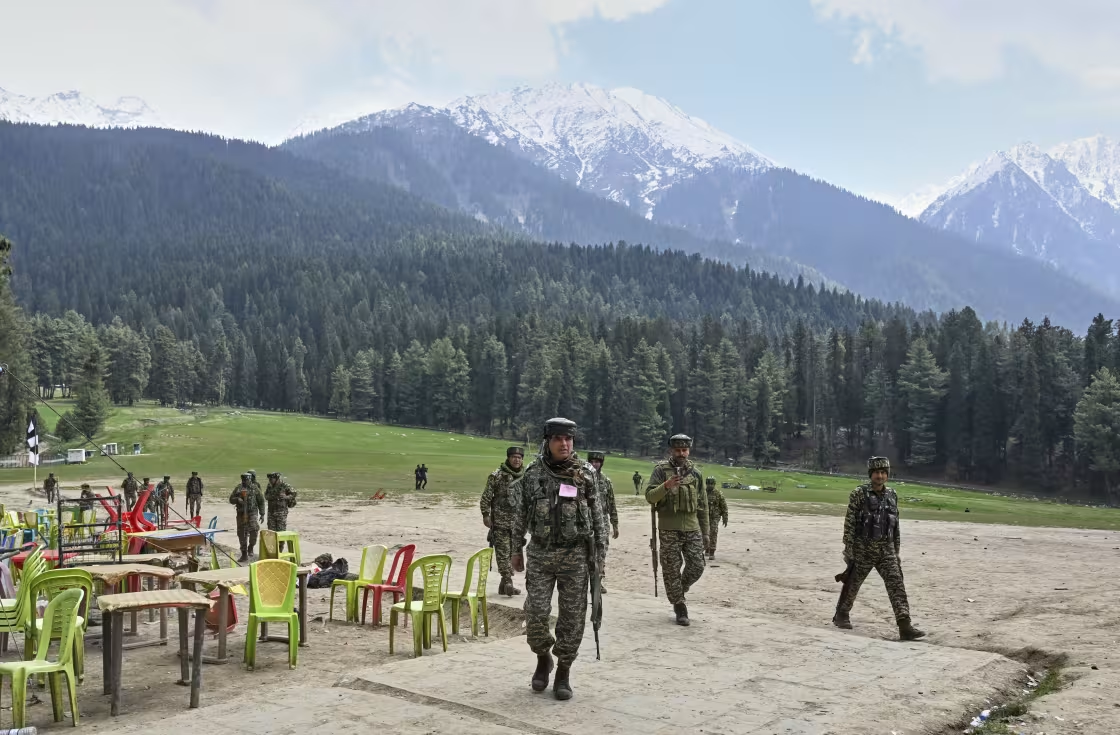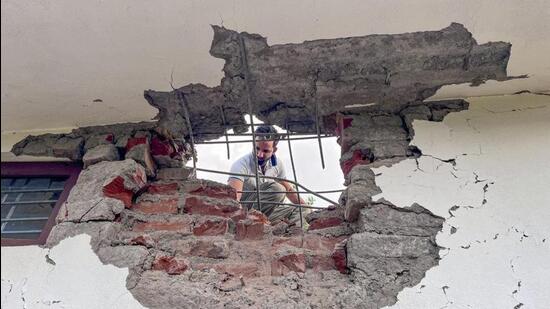A fresh wave of Covid-19 has swept across parts of Asia, with Singapore experiencing a sharp rise in cases, prompting Indian health authorities to step up monitoring—even as the situation in India remains largely under control.

India: Mild Uptick, Close Monitoring
As of May 19, 2025, India has reported a total of 257 active Covid-19 cases, a modest increase from 93 cases the previous week. Since May 12, 164 new cases have been recorded nationwide, with Kerala (69), Maharashtra (44), and Tamil Nadu (34) accounting for the majority of new infections. Other states, including Karnataka, Gujarat, Delhi, Haryana, Rajasthan, and Sikkim, have reported only a handful of cases each.
Nearly all of these cases are mild, with no hospitalizations required. Health officials emphasize that the deaths of two Covid-positive patients in Mumbai were due to underlying health conditions and not directly attributable to the virus1. The Union Health Ministry continues to monitor the situation closely, maintaining surveillance through the Integrated Disease Surveillance Programme (IDSP) and the Indian Council of Medical Research (ICMR).
“The current Covid-19 situation in India remains under control. Almost all of these cases are mild, with no hospitalisation required,” an official source stated.
Singapore: Cases Surge, Driven by New Variants
In contrast, Singapore has seen a significant surge in Covid-19 cases, with weekly infections rising from 11,100 in late April to 14,200 in the first week of May—a 28% increase. Hospitalizations have also climbed by 30%, raising concerns among public health officials.
The surge is attributed to waning immunity and the spread of new sub-variants, particularly LF.7 and NB.1.8, both descendants of the JN.1 variant. These two sub-variants now account for more than two-thirds of locally sequenced cases. Symptoms in the current wave include cough, sore throat, nausea, vomiting, brain fog, and conjunctivitis, though most cases remain mild.
Singapore’s Ministry of Health has advised high-risk groups, such as the elderly and immunocompromised, to receive booster vaccinations and encouraged the general public to follow standard precautions like mask-wearing, hand hygiene, and staying home when unwell.
Regional Context and Travel Advisory
Other Asian regions, including Hong Kong and Thailand, are also witnessing a rise in Covid-19 cases, with Hong Kong reporting over 1,000 new infections in a week. Health experts note that the resurgence in Asia is likely driven by waning population immunity, incomplete adherence to vaccination protocols, and the emergence of new sub-variants.
While India’s numbers remain low, the government remains on alert due to the interconnectedness of global travel and the potential for imported cases. Hospitals across India have been advised to step up monitoring for influenza-like illnesses and severe acute respiratory infections.
Key Takeaways
- India currently has 257 active Covid-19 cases; nearly all are mild and require no hospitalization.
- Singapore has reported a steep weekly rise, reaching 14,200 cases, largely due to new JN.1 sub-variants.
- Indian authorities are maintaining vigilance, with enhanced surveillance and readiness to scale up vaccine production if needed.
- Public health experts recommend continued adherence to preventive measures, especially for vulnerable populations.
Despite the spike in parts of Asia, India’s Covid-19 situation is stable, but authorities remain proactive to prevent any potential escalation.






Leave a Reply